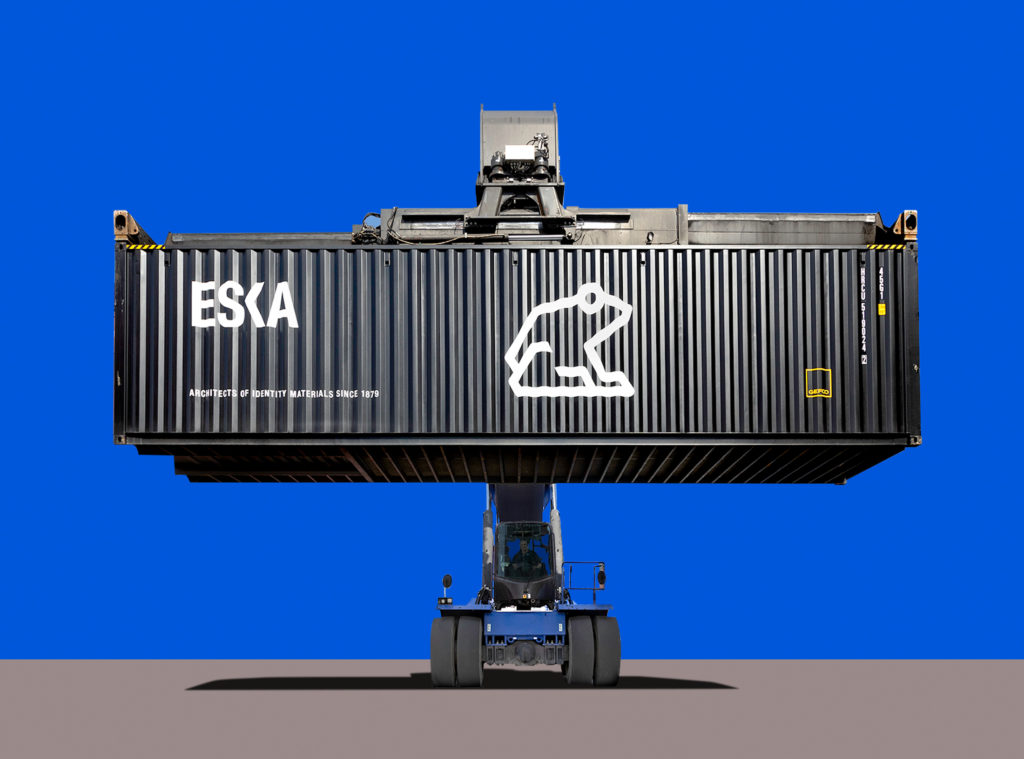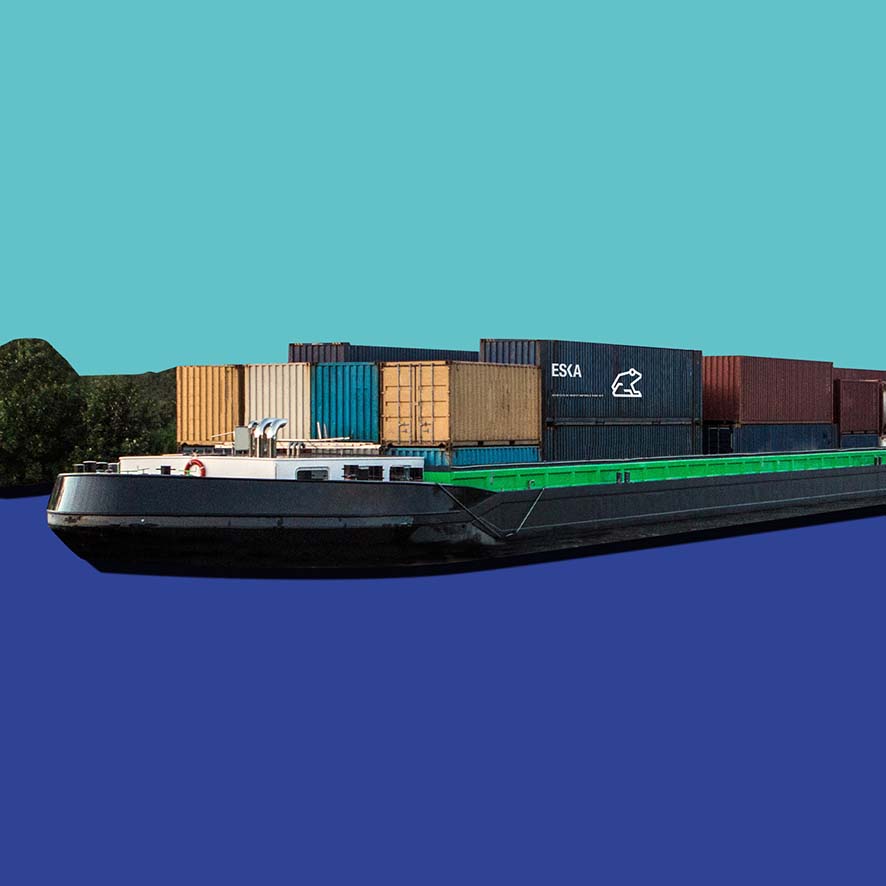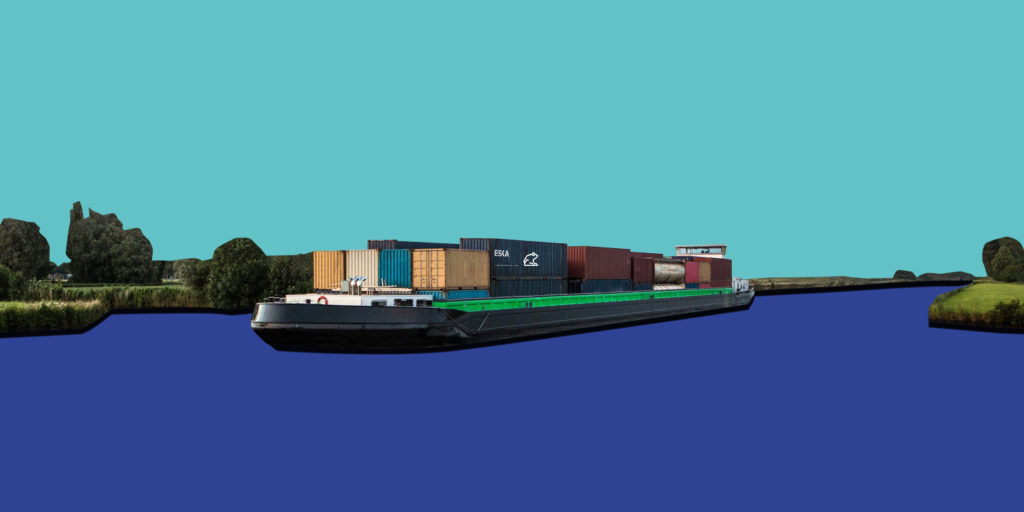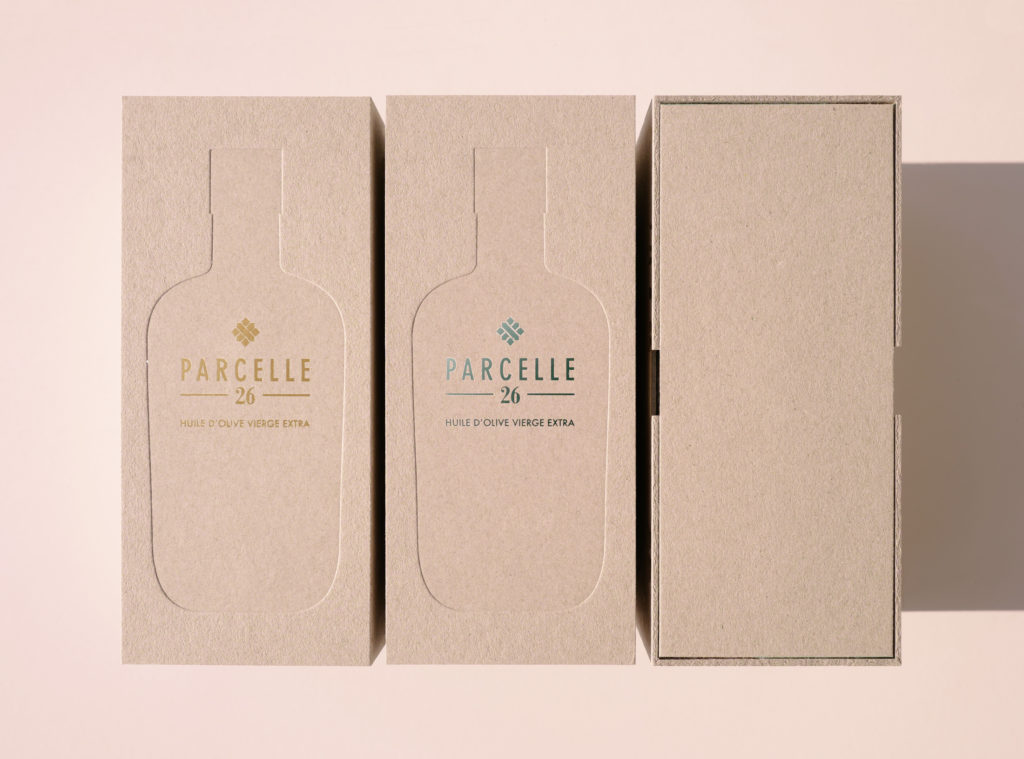How a sustainable supply chain drives efficiency

After the initial impact of the COVID19 crisis, organisations are now focussed on enhancing the agility and efficiency of their supply chains.
However, are cost and eco-efficiencies really opposites? Here you can find the opinions of Rienk Jan van der Kooi, CEO at ESKA, architects of identity materials since 1879 and Eric Dessupoiu, General Manager of GEFCO Forwarding Benelux.
What is your definition of a competitive supply chain ?
Eric Dessupoiu / GEFCO
A competitive supply chain is able to deliver cost- and eco-efficiencies along with exceptional customer experience.
A competitive supply chain is essential to a successful company’s go-to-market strategy. Competitive supply chains will enable companies to get their products to market faster, more efficiently, more economically and in a more sustainable way than their competitors. The supply chain is a business enabler as it affects 3 main KPIs: Profitability, Customer experience and Corporate Social Responsibility.
To leverage the supply chain for a competitive advantage you have to deliver the best competitive OTIF (On Time In Full) indicator and the best customer experience. As we are operating in an increasingly, complex, interconnected and uncertain world competitive supply chain requires: Agility, transparency, collaboration, sustainability and resilience.
Rienk Jan van der Kooi / ESKA
Our ultimate goal is carbon neutrality by 2050.
A competitive supply chain must perfectly combine the satisfaction of our customers’ demands, respect for the environment and the profitability of the company. Eska manufactures in the Netherlands, has subsidiaries in Europe and in the US and a strong worldwide partner network. This organization enables us to guarantee the supply of our high quality and sustainable products by efficiently distributing to 90 countries around the world.
We guarantee safe and reliable delivery to every customer. Wherever they are, we are.
We have developed a high degree of flexibility, foresight and excellent communication with our entire network. CSR has been part of ESKA’s DNA since its foundation in 1879 and reducing our carbon footprint is a historical goal for us: thanks to continuous improvement we have reduced this by approximately 30% since the beginning of our decarbonization policy in 1989. We align our strategy with the ambitious targets set by the Paris Climate Agreement of 2015 and our ultimate goal is carbon neutrality by 2050.


How do you turn a sustainable supply chain into a competitive advantage?
Eric Dessupoiu / GEFCO
Digitalisation will be the game changer – Circular economy will be the driver.
Sustainability is the backbone of our society. A Sustainable supply chain plays a pivotal role. It is more than just going green and being environmentally friendly. It also impacts the entire manufacturing process, from where raw materials are obtained, to the processes within the plant, to the use and potential recyclability of the product or service. Sustainable supply chain is linked to circular economy.
To have a sustainable supply chain is not the opposite of being competitive: a study driven by The European Freight and Logistics Leaders’ Forum (F&L) in 2020 shows more than half of CO2- reducing measures also cut costs.
More than half of CO2- reducing measures also cut costs.
Why? Because making a supply chain more sustainable means an increase in optimisation which will come from process digitalisation and more collaboration to kill silos into the supply chain network. Digitalisation will allow production of the exact customer requirement with no over stock. It will allow to have a more effective reaction time to supply chain issues and last but not least to improve accuracy at every level of the supply chain.
Rienk Jan van der Kooi / ESKA
Our business model is based on a circular economy model and brings value to our total ecosystem.
Providing sustainable products from recycling fibres is ESKA’s core business. We strongly believe in a circular economy where all material is chosen in line with a sustainability criteria, valued and treated responsibly. At ESKA, we convert the rejects sorted from the recovered paper into green steam via our Waste to Energy plant. This makes our production process circular.
The recycling efficiency of our board is over 95% and the whole end of life of our products is considered during their design.
We favour greener transport and our policy of converting from road to rail saves, for example, 700,000 litres of fuel per year. We strongly believe in the individual commitment of our teams and we seek to empower all participants in the supply chain by allowing them to be actors in our sustainable transformation. This requires a great deal of communication and transparency about our CSR vision in general.
Will the “new normal” reshuffle the cards of a sustainable supply chain?
Eric Dessupoiu / GEFCO
In the future all players in the ecosystem will have to improve their efforts towards sustainability.
COVID 19 crisis has been an accelerator of transformation. Consumers, producers, states and regulatory bodies have become aware of the necessity to move towards a more circular economy. These disruptions have changed the priorities of many supply chain leaders. For sure, COVID19 has taught us a lot about the importance of the supply chains. To navigate the new normal, supply chains have to balance resilience and efficiency to secure their networks.
Digitalisation will be a game changer to ensure this ambition. I think that a sustainable supply chain, thanks to digitalisation, will be the future, as it can manage the complex equation between social impact, CX and Cost efficiency.
Rienk Jan van der Kooi / ESKA
Sustainable supply chain will be the new normal.
The pandemic has exposed vulnerabilities in many supply chains and companies have now started to re-think how they operate, now the 1st peak of the crisis has passed. In my opinion, Sustainable supply chains will now become the new normal and set a new standard.
Sustainable supply chains will now become the new normal.
At ESKA, we go the extra mile, considering sustainability as a pivotal way to drive product and service innovation, vital to drive customer preferences and business growth.
We are on a journey to drive supply chain sustainability forward and we now have a great opportunity to embed this into every link of the chain. So yes, it will reshuffle the cards of a sustainable supply chain .

